For hundreds of thousands of years, humans have been shaping and managing the world. Recently, we’re doing it with increasing speed, influence, and zeal. We shape and are shaped by our caretaking, consumption, manipulation of, destruction of and compassion for other beings. Human life is a multispecies endeavor, a current in which humans and our companion species have always been caught. This process of entanglement is more pervasive and broadly distributed in the Anthropocene than ever before.
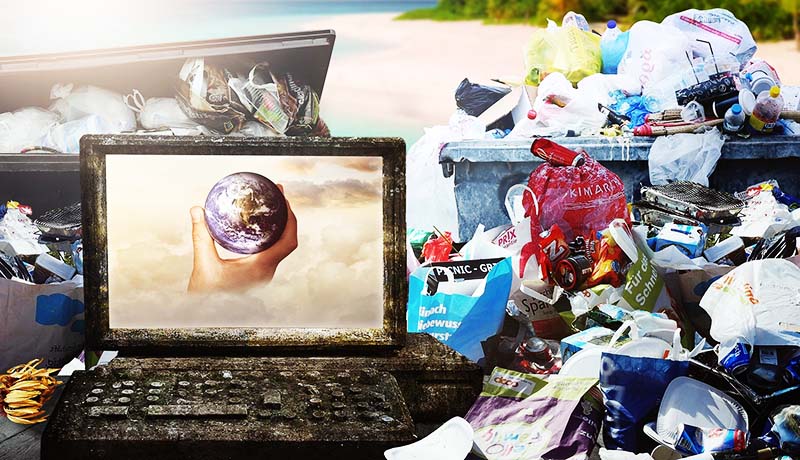
The anthropologist Tim Ingold reminds us that we must think of the sustainability of everything or of nothing. This idea is that sustainability, in a serious sense, is a necessary relation, and must be a conversation about and with the world we inhabit if there is to be a future. But can humans of the 21st century ever live sustainably? The anthropologist Anna Tsing often reminds us that we’ve been detonating the world over and over, destroying, wrenching apart much of the planet. And she implores us to expand our mapping and conceptualization of the Anthropocene to get a better grasp on what and how we do what we do. The environmental scientist Kyle Powys Whyte demonstrates the importance of getting diverse populations to learn from one another and how their different approaches could be blended to better steward natural resources and adapt to climate change. He encourages scholars, and everyone, to be open to genuine collaboration between many knowledge systems in the Anthropocene.
All three are right.
Human life is a multispecies endeavor, a current in which humans and our companion species have always been caught. This process of entanglement is more pervasive and broadly distributed in the Anthropocene than ever before
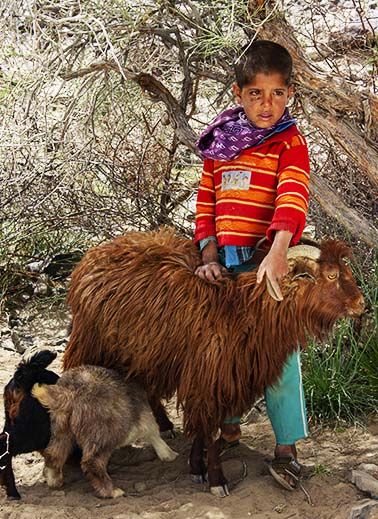
There is much complexity in the way humanity engages with the world and much of it results in crises, for humans and a myriad of other life forms. I suggest one mode by which we can wade through this complexity and think more effectively, possibly sustainably and certainly conceptually, about the Anthropocene is by focusing on interactions between humans and other organisms, our mutual ecologies that co-produce and co-construct each other’s niches. And one essential way to do this is to listen to humans who are already doing it, or who have ways of living with other beings in the world that are not as extractive or lethal as the currently dominant form of economics and politics. The way humans live with each other, and with other organisms, is of critical importance in understanding the Anthropocene. Especially if we hope to achieve some sustainability or even just reduce the damage and harm.
My punchline here is that humans need, if we take the Anthropocene seriously, to understand that there are a range of human possibilities and that other species (beyond just ourselves) are dynamic agents and participants and collaborators, even partners, in this current epoch. We are not, and have never been, alone on this planet. Nor are the current dominant modes of resource use and extraction the only ways to live. And there are many humans on the planet who already know this.
Let me offer three points for your consideration.

The way humans live with each other, and with other organisms, is of critical importance in understanding the Anthropocene. Especially if we hope to achieve some sustainability or even just reduce the damage and harm.
First, the division between the ‘human-constructed’ world and the ‘natural’ world is an artifice. This is not the way humanity should be talking about the world because this is not an accurate description of the world in which we live. That is, for at least 20,000 years, active engagement by humans has reshaped forests and ecotones and landscapes and ecologies across the planet. Humans have been shaping the world as it shapes them for many eons. The diversity of ways in which this has and does occur are relevant.
Second, stop trying to figure out when the Anthropocene ‘bad times’ began. It’s here no matter what one decides about definitions or points of origin. All the catastrophic processes that many ascribe to the Anthropocene, such as massive climate change, large-scale habitat destruction and alteration, restructuring of ecosystems at local, regional and global levels, etc…are ongoing. It is these processes that should be the focus of concern. In thinking of these processes that are breaking and harming the life of the planet, one can understand that although humans have had huge influences on the landscapes and organisms and ecologies around them for millennia, today, that influence is not evenly distributed. Not all human groups, not all nations, not all regions, not all locales are impacting the world in the same way. That’s incredibly important to consider, especially when thinking about who is doing most of the researching, extracting, and modifying of ecologies in 2021. We need to counter the hegemonic actions and arguments of corporations, institutions and academies based in the global north and the industrialized world. Their voices are too loud and too centered on their own economic interests. We must instead elevate the voices of those who are the least responsible for environmental destruction on a global scale, and those who have been successful in preserving biodiversity in their local environments.
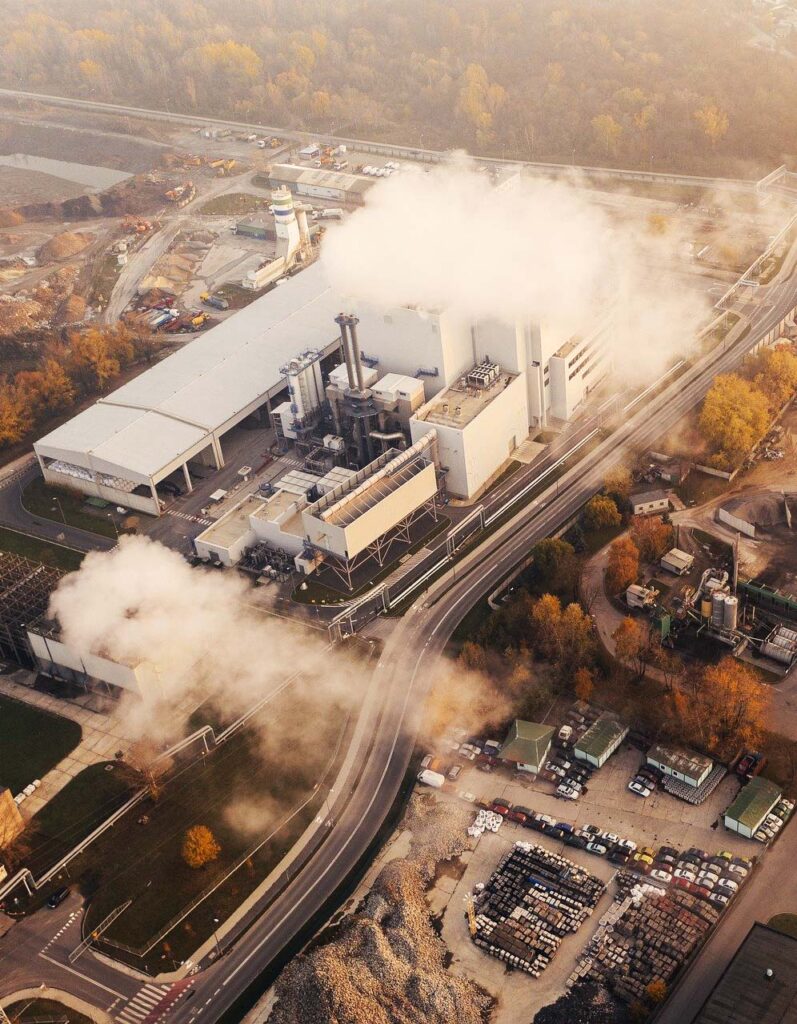
We need to counter the hegemonic actions and arguments of corporations, institutions and academies based in the global north and the industrialized world. Their voices are too loud and too centered on their own economic interests.
Third, to truly engage the Anthropocene, much of humanity needs to accept and understand the context in which most life actually exists. In 2021 we (by “We” I mean most everything on the planet) primarily live in anthromes, anthropogenic biomes, ecosystems in which many species contribute but humans have been, and are, major influences on system dynamics. Humans are part of nature and we always have been. Humans have never been alone, or been the only beings that matter, it’s just that many of us have been behaving as if that was the case. Our egocentrism leads us to abuse our world and to ignore the input from the full range of human voices, many of whom are not in the centers of economic, political and academic power. That should stop. In particular, I suggest that scholars, such as myself, and agents with economic and political power, and indeed everyone who is thinking about sustainability should seriously engage with the diverse array of voices that bring insights and ideas from different peripheries, histories and contexts. The “standard” approaches don’t seem to be working on their own (even if some are helpful), so it is time to more seriously open up to other approaches that might enliven understanding and our ability to think through the Anthropocene.
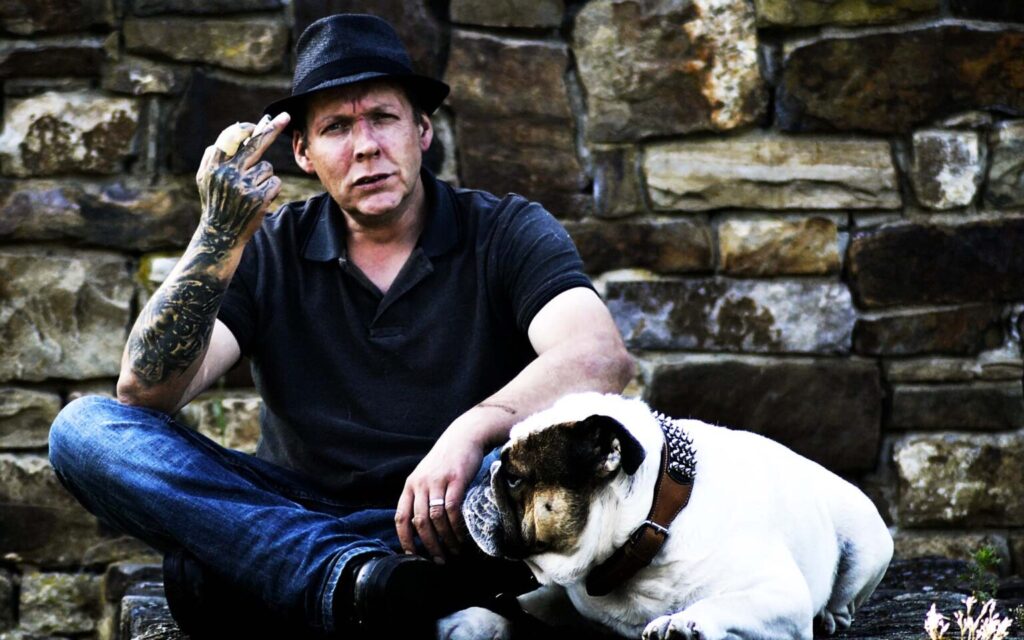
Humans are part of nature and we always have been. Humans have never been alone, or been the only beings that matter, it’s just that many of us have been behaving as if that was the case. Our egocentrism leads us to abuse our world and to ignore the input from the full range of human voices, many of whom are not in the centers of economic, political and academic power.
My point here is to join Kyle Powys Whyte, and many others, in calling for the need to refocus some of the discourse on the Anthropocene towards a greater understanding of the mutual ecologies we all reside in via dialogues and listening to those humans who have been, and possibly still are, a little better at sustainably coproducing and co-constructing niches and lives with other species. The Anthropocene is not just about some humans but about all humans, and all organisms. Such a framework is necessary if one is seriously committed to generating sustainable, hopeful, possible futures.
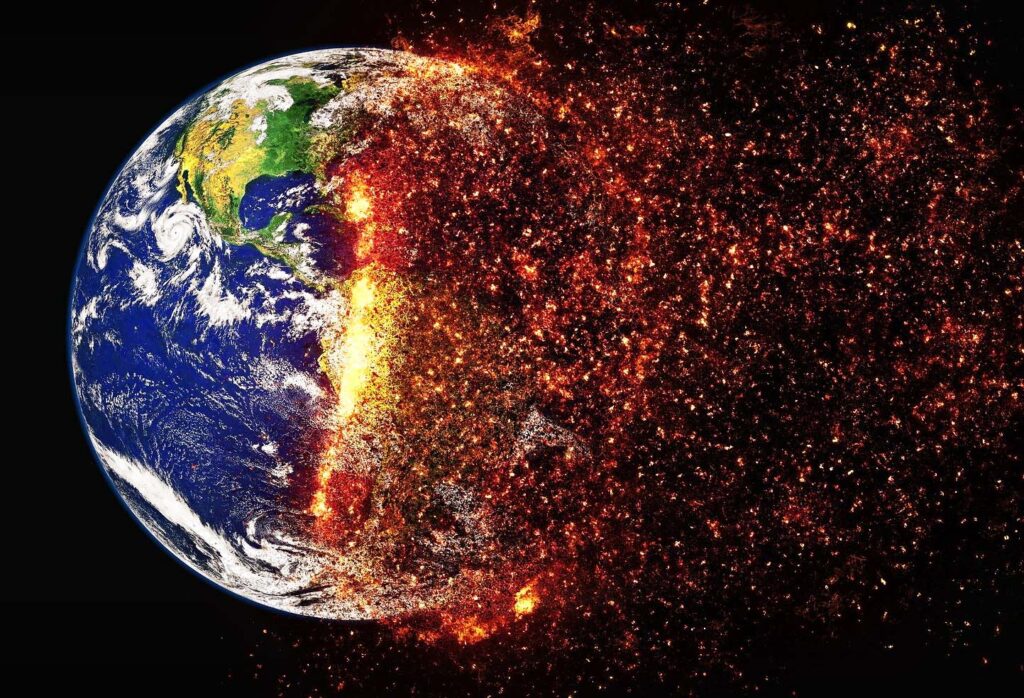
The Anthropocene is not just about some humans but about all humans, and all organisms. Such a framework is necessary if one is seriously committed to generating sustainable, hopeful, possible futures.
So, if this interests you, here are a few suggestions for readings, from the science and ecology end of things, that point in some possible directions
THESE INDIGENOUS EDUCATORS ARE BRINGING WESTERN AND NATIVE SCIENCE TOGETHER IN THE CLASSROOM https://ensia.com/articles/environmental-education-traditional-ecological-knowledge-native-science/
What Conservation Efforts Can Learn from Indigenous Communities https://www.scientificamerican.com/article/what-conservation-efforts-can-learn-from-indigenous-communities/
What can we learn from Indigenous groups about safeguarding the environment? https://www.euronews.com/green/2021/08/09/what-can-we-learn-from-indigenous-groups-about-how-to-respect-nature
When Scientists “Discover” What Indigenous People Have Known For Centuries https://www.smithsonianmag.com/science-nature/why-science-takes-so-long-catch-up-traditional-knowledge-180968216/
Whyte, Kyle. (2018). Settler Colonialism, Ecology, and Environmental Injustice. Environment and Society. 9. 125-144. 10.3167/ares.2018.090109. https://www.researchgate.net/publication/327455189_Settler_Colonialism_Ecology_and_Environmental_Injustice
Whyte, K.P. On the role of traditional ecological knowledge as a collaborative concept: a philosophical study. Ecol Process 2, 7 (2013). https://doi.org/10.1186/2192-1709-2-7
Thompson, K.-L., T. Lantz, and N. C. Ban. 2020. A review of Indigenous knowledge and participation in environmental monitoring. Ecology and Society 25(2):10.
https://doi.org/10.5751/ES-11503-250210
Ban, N.C., Frid, A., Reid, M. et al. Incorporate Indigenous perspectives for impactful research and effective management. Nat Ecol Evol 2, 1680–1683 (2018). https://doi.org/10.1038/s41559-018-0706-0
Centre for the Anthropology of Sustainability blog https://www.ucl.ac.uk/anthropology/research/caos/caos-blog
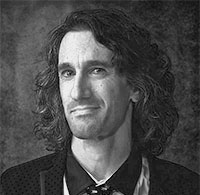
Trained in Zoology and Anthropology, is a Professor of Anthropology at Princeton University. His research delves into the how and why of being human. He is an active public scientist, a well-known blogger, lecturer, tweeter and a writer and explorer for National Geographic. His current projects include exploring cooperation, creativity, and belief in human evolution, multispecies anthropologies, evolutionary theory and processes, and engaging race and racism.
Original Article: https://iconema.com.mx/considering-all-humans-and-other-organisms-in-the-anthropocene-learning-to-listen/?lang=en